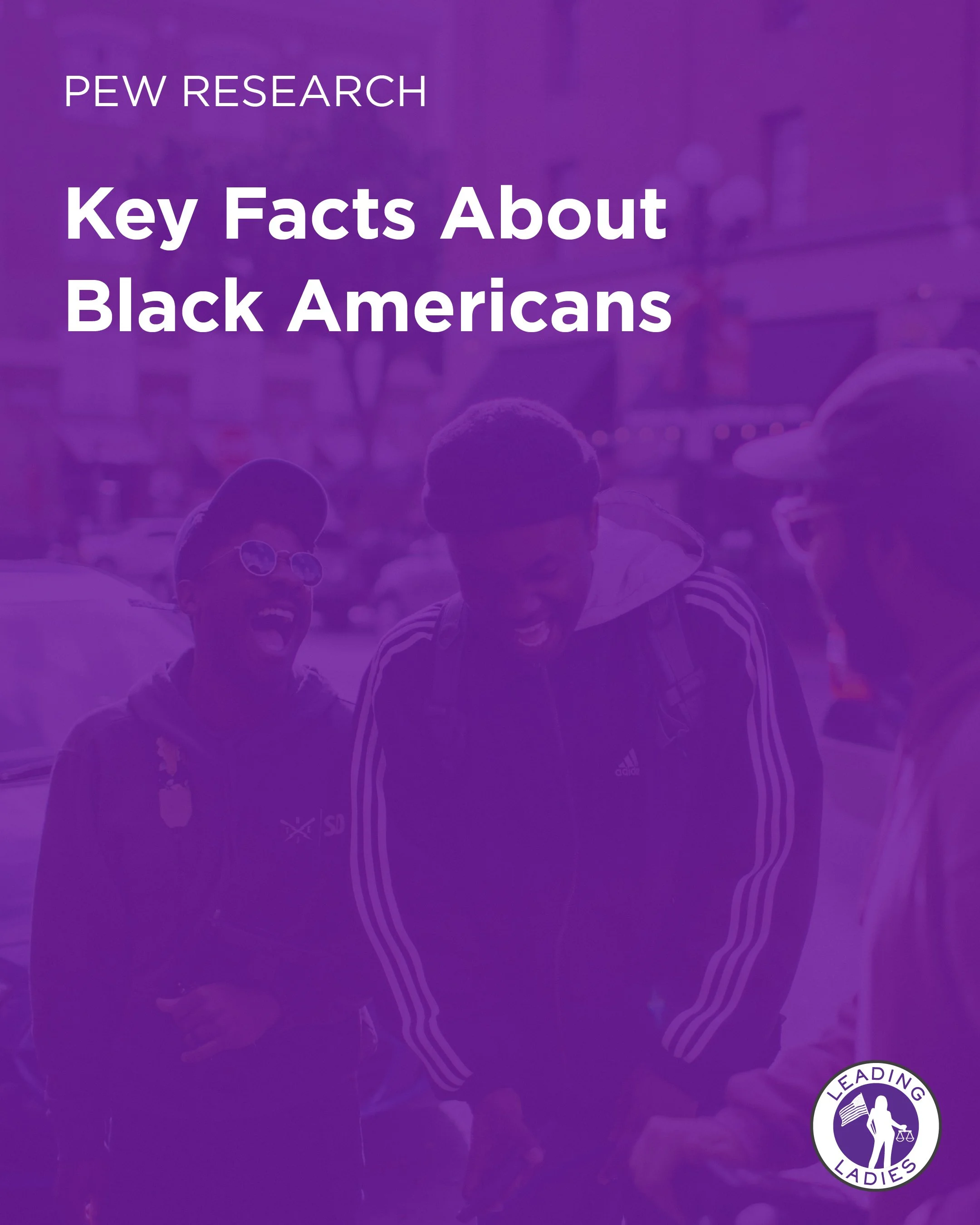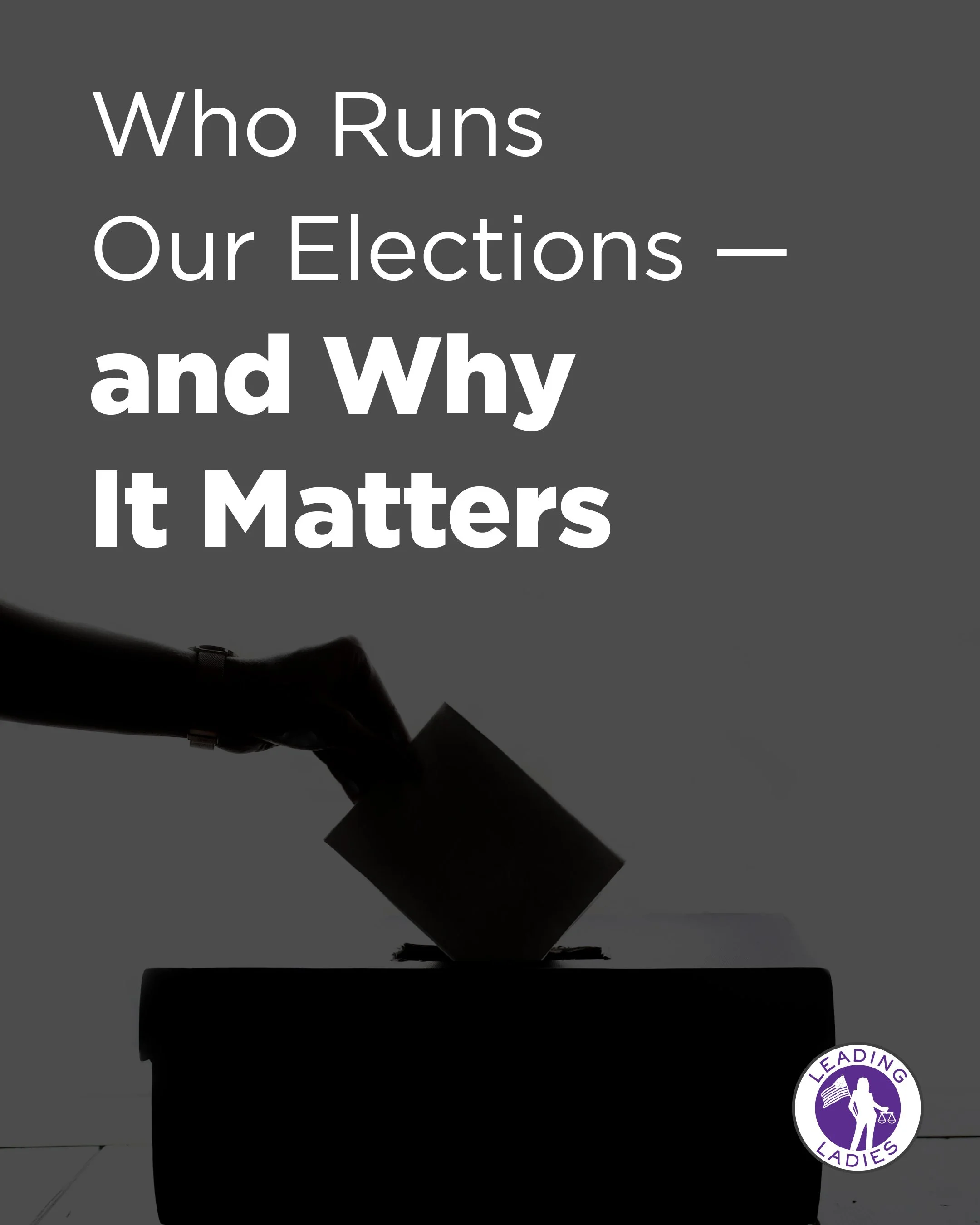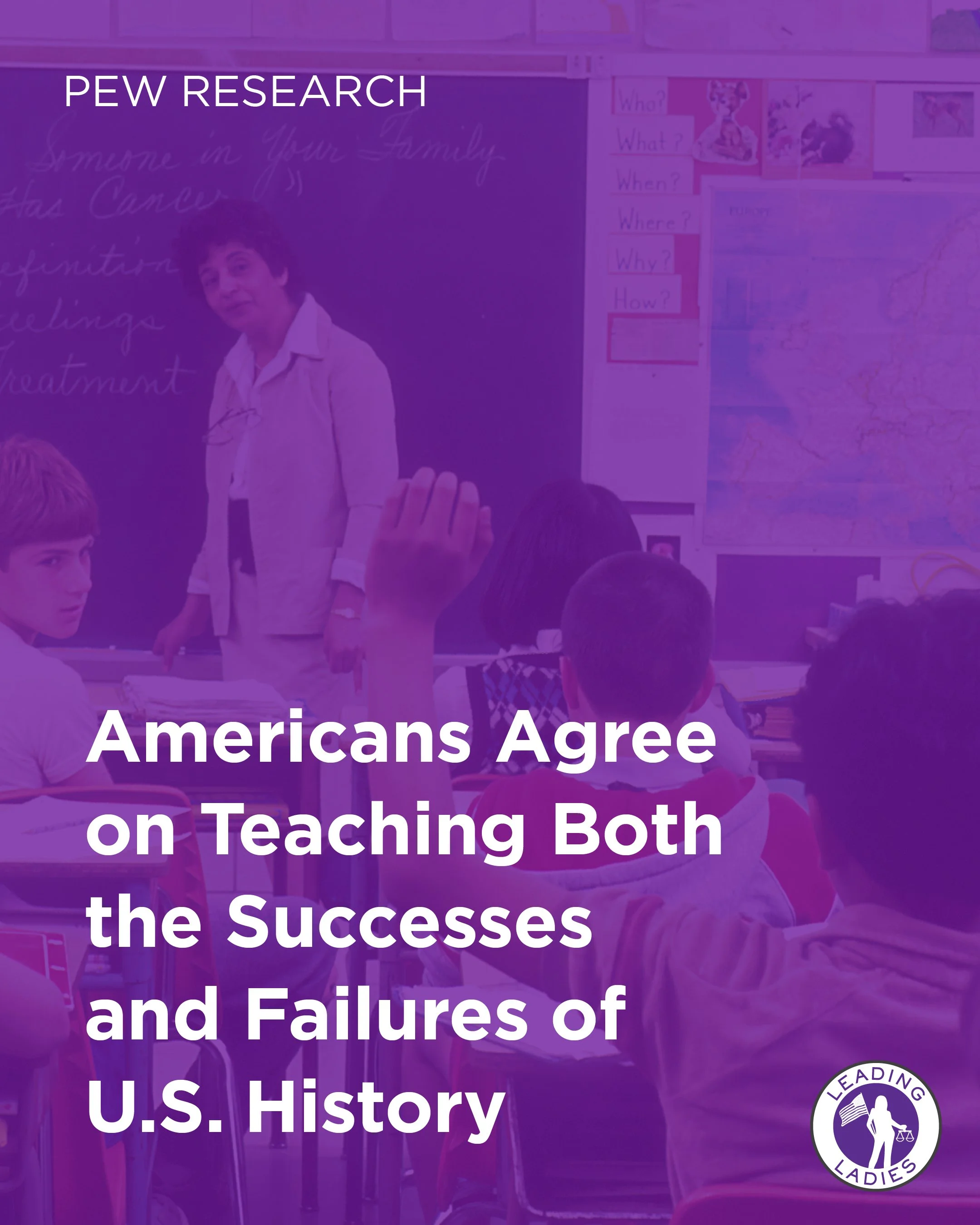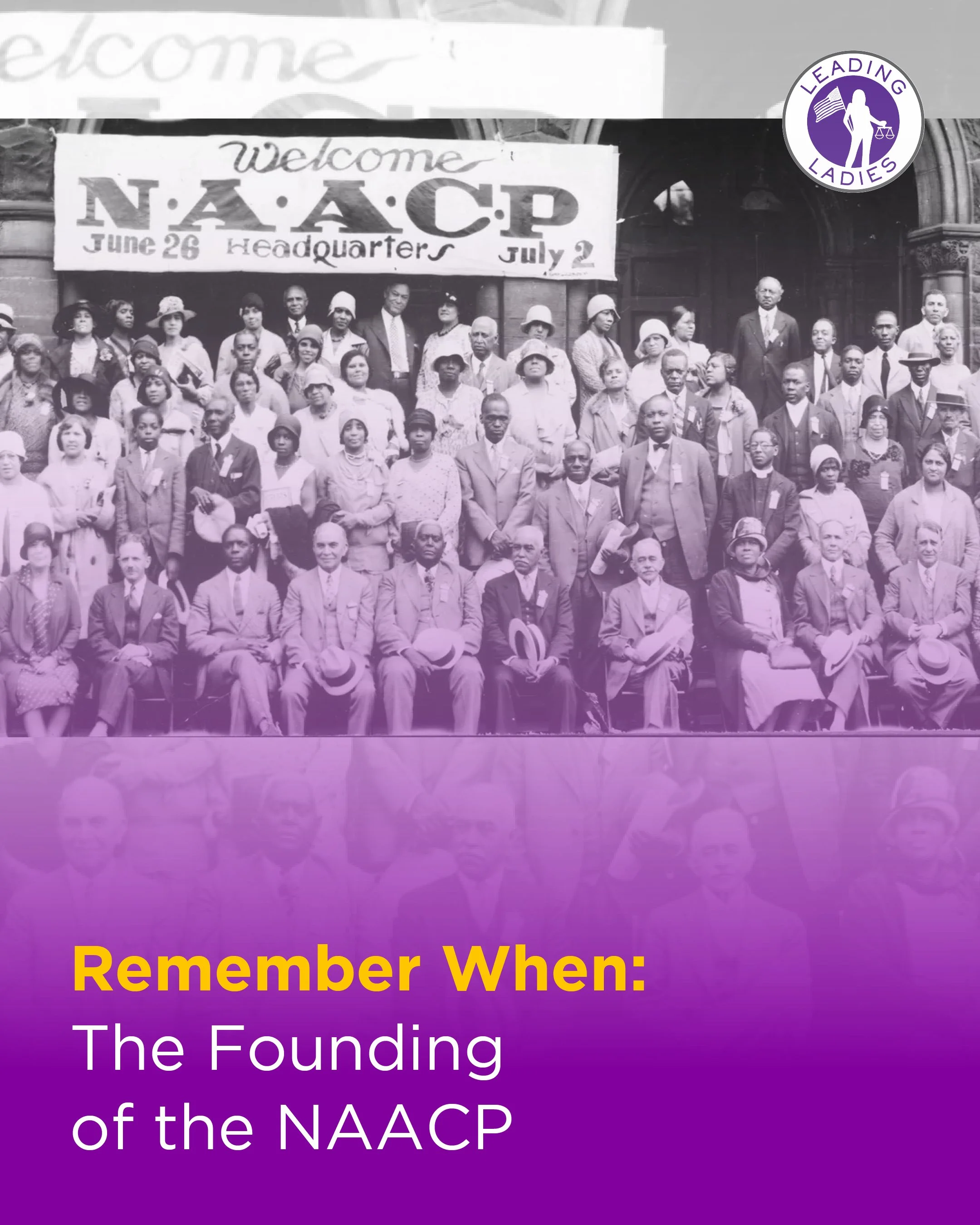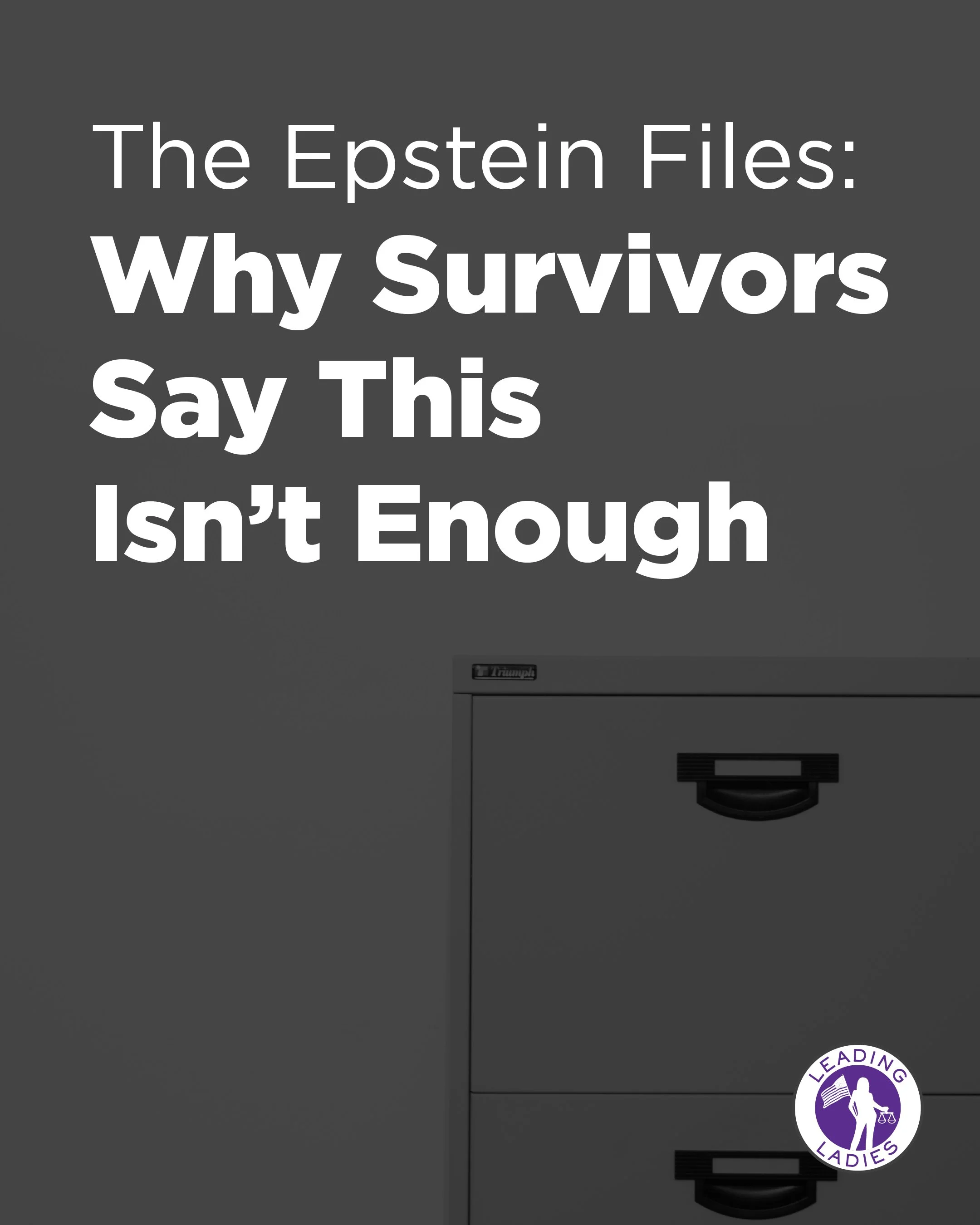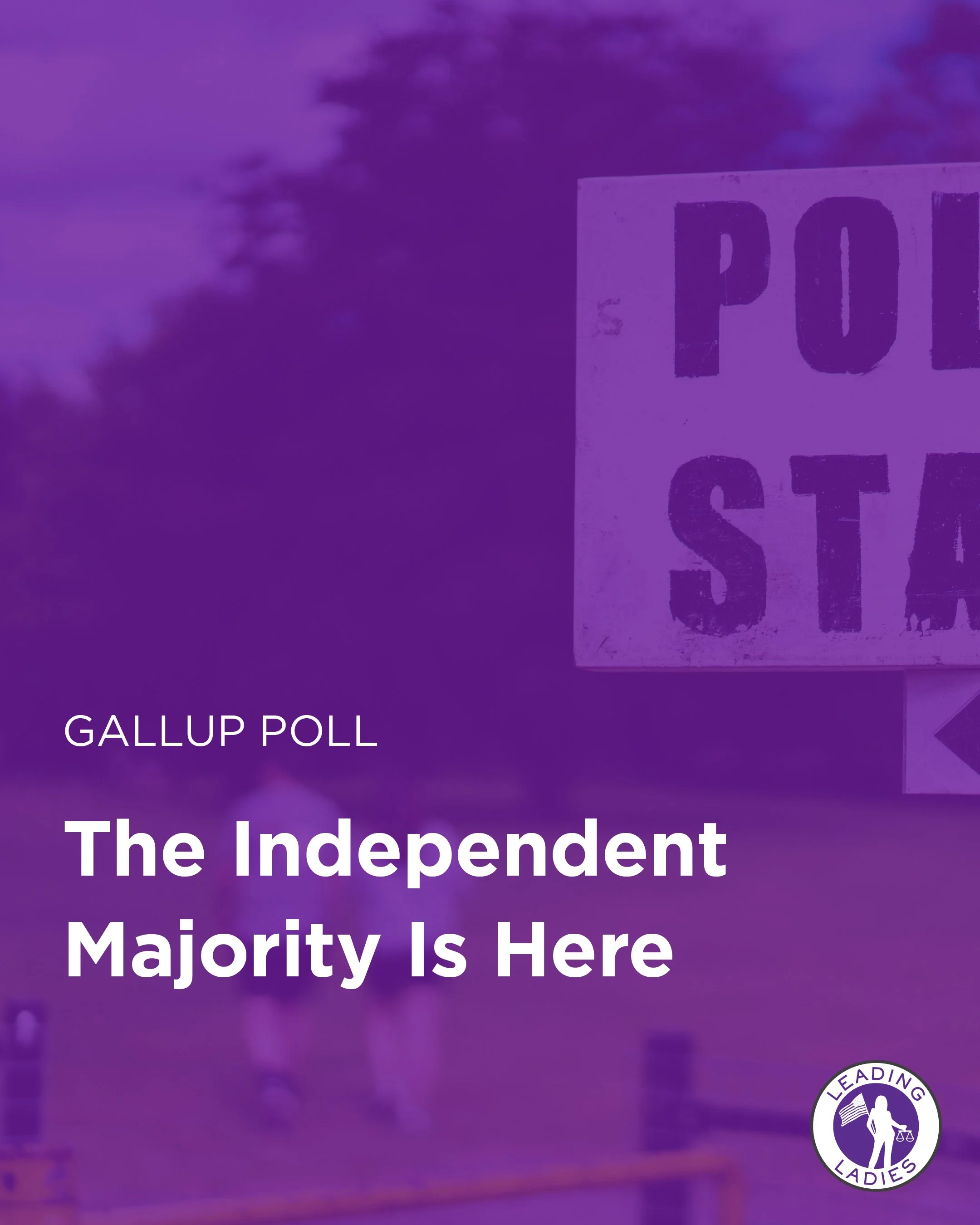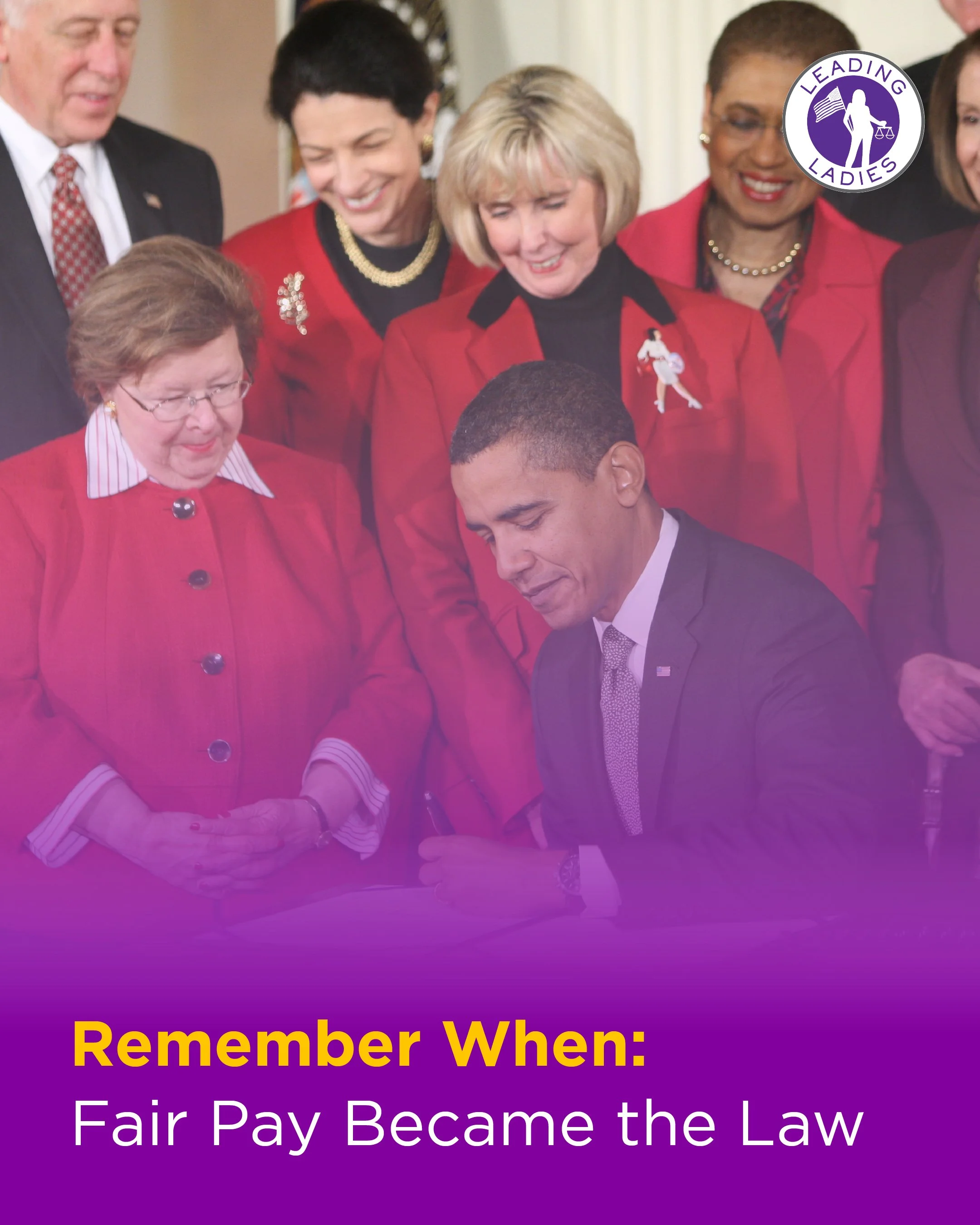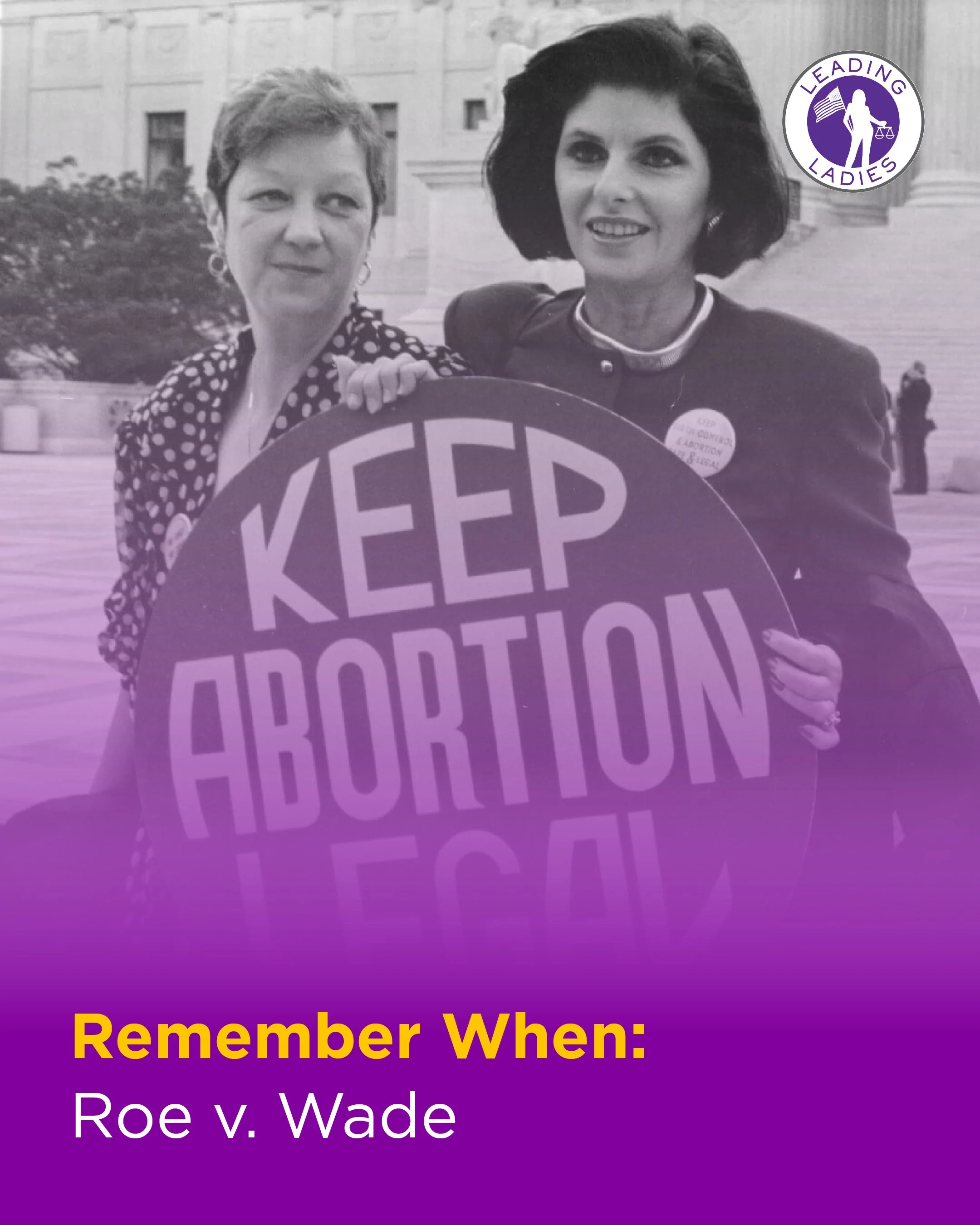Social Media Posts
Good News Story — Kindness Still Builds Bridges
David Heavens lost his apartment in 2023. He ended up homeless, sleeping in his car.
Pew Research: Key Facts About Black Americans
During Black History Month, it’s important to reflect not only on history — but on where we are today.
Remember When: The Feminine Mystique
On this day in 1963, The Feminine Mystique by Betty Friedan was published — igniting what would become the second wave of the modern women’s movement.
Who Runs Our Elections — and Why It Matters
In recent days, there’s been renewed national attention on how elections are run, following public comments about “nationalizing” the voting process. In the United States, elections are run locally — by states, counties, and communities — not by one person or one federal office. That’s not a loophole. It’s a safeguard.
Pew Research: Americans Agree on Teaching Both the Successes and Failures of U.S. History
A new survey from Pew Research Center finds that most Americans agree on something that often gets lost in today’s debates: it’s important to talk honestly about the nation’s history — including both its successes and its failures.
Remember When: The Founding of the NAACP
On this day in 1909, a group of Black leaders, journalists, educators, and allies came together to form what would become one of the most influential civil rights organizations in American history: the National Association for the Advancement of Colored People.
The Epstein Files: Why Survivors Say This Isn’t Enough
This week, the Department of Justice released millions of additional documents related to Jeffrey Epstein and declared that it has fulfilled its legal obligations. But for survivors of Epstein’s abuse, that declaration rings hollow.
Pew Research: How Americans See Immigration Officers and Civilian Actions
As immigration enforcement expands into public life, Americans are paying close attention — and forming clear opinions about what crosses the line. A new Pew Research Center survey finds broad public support for transparency, accountability, and constitutional limits when it comes to immigration officers’ actions, as well as strong approval for civilians documenting what they see. Across party lines, Americans are drawing boundaries around profiling, anonymity, and unchecked power.
Remember When: Celebrating Hank Aaron
This Wednesday, February 5th, would have been Hank Aaron's 92nd birthday. Born in 1934 in Mobile, Alabama, "Hammerin' Hank" became one of baseball's greatest players—and one of America's most dignified champions of equality.
Gallup Poll: The Independent Majority Is Here
New polling from Gallup shows a fundamental change in how Americans see themselves politically — and it’s not a win for either major party.
Ways to Help Minnesota
Right now, communities in Minnesota are organizing mutual aid, legal support, emergency relief, and care for people affected by increased ICE enforcement. Many neighbors are working around the clock to protect families, keep people housed and fed, and raise up voices that are too often ignored.
Remember When: Fair Pay Became the Law
Remember when fairness finally caught up with the truth.
Know Your Rights
This is a painful and frightening moment for many in our communities. Fear and confusion thrive in times of uncertainty, but knowledge can bring clarity and help keep us safe.
How to Protect Yourself and Your Community During ICE Operations
On January 29, 2009, the Lilly Ledbetter Fair Pay Act was signed into law, marking a turning point in the fight for workplace equality. It was the first bill signed by President Barack Obama, and it carried the name of a woman whose persistence reshaped how the law understands discrimination.
YouGov Poll: Americans Strongly Reject Military Force to Take Greenland
A recent survey by YouGov shows that most Americans strongly oppose any attempt by the United States to take control of Greenland—especially through military force. While President Trump has revived discussion of acquiring the island, public opinion remains firmly against such actions.
Remember When: Roe v. Wade
Roe v. Wade was decided by the U.S. Supreme Court on January 22, 1973, recognizing that the Constitution protects a person’s right to privacy — including the right to make decisions about pregnancy without government interference.
Pew Research: 7 Things You Should Know About Venezuelans in the U.S.
Venezuelans are one of the fastest‑growing and most highly educated Latino communities in the United States, and their story shows how foreign policy, migration, and civil rights collide in real time.
Remember When: The Miracle on the Hudson
On January 15, 2009, 155 people boarded a routine US Airways flight from New York to Charlotte, expecting an ordinary trip. Instead, they became part of what would later be known as the “Miracle on the Hudson.” Just minutes after takeoff, a bird strike disabled both engines, forcing Captain Chesley Sullenberger and his crew to make a split-second decision: safely land an Airbus A320 on the Hudson River in the middle of New York City.
Key Quotes from Heather Cox Richardson
Historian Heather Cox Richardson recently spoke about what ordinary people should do in this moment, and her answer is clear: act locally and pressure lawmakers.
USPS Just Changed Postmarks — Here’s How to Protect Your Vote
Your Mail-In Ballot Could Be Rejected—Even If You Sent It On Time


